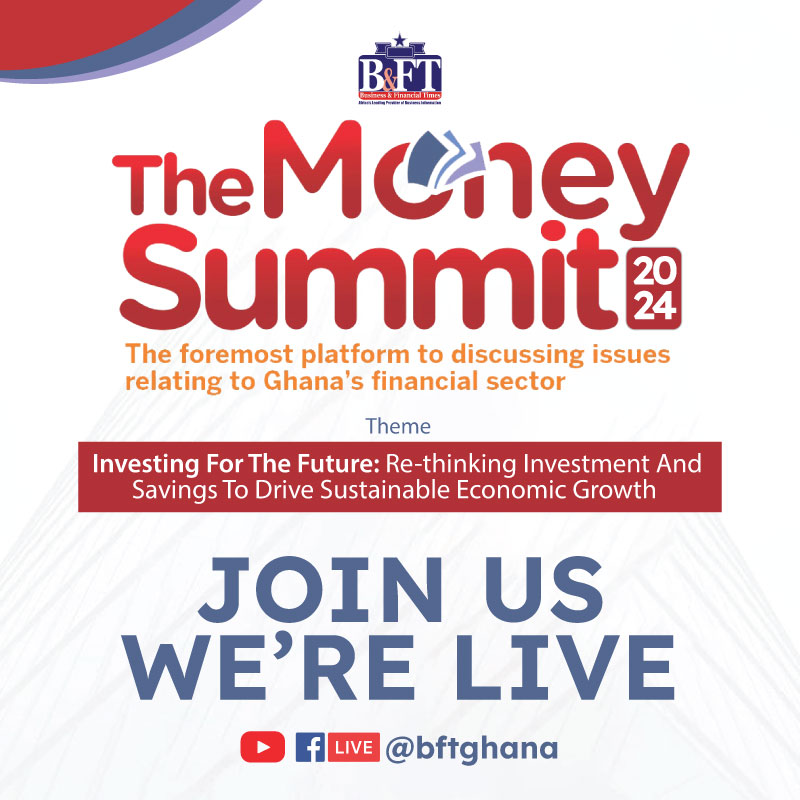Although 80 percent of the farming activities undertaken in the country are by smallholder farmers, government interventions in the agriculture sector do not target them, a research on Smallholder Farmer and Food Systems in Ghana has revealed.
The research, conducted in four regions of the country – namely the Northern, Greater Accra, Brong Ahafo and Eastern Regions, show that just 14 percent of smallholder farmers have benefitted from some kind of government or donor financial support.
“Apart from cocoa, those into large-scale farming are the people benefitting from some of these policies. The small-scale farmer working on an acre of land producing food for consumption is not benefitting much from government and donor support in terms of loans, inputs and other interventions,” Prof. Joseph Kofi Teye of the University of Ghana – one of the researchers – told B&FT on the sidelines of a conference on Smallholder Farmers in Ghana’s Food Systems held in Accra.
The research further established that most farmers prefer interventions in the areas of access to market and transportation/distribution, and not increasing food production – which has been the focus of governments over the years.
Smallholder farmers, the research further explained, are already producing a lot of food they are not able to market, sell or transport to the urban areas where food is in high demand. It also said the farmers will be able to increase their production, with or without government support, if only the aforementioned challenges are resolved.
“From the farmer’s point of view,” he said, “marketing is top of their priorities as compared to increasing production. They believe that without government support they can produce, but they can’t sell. So, the linkage here is that if you produce and are able to sell you will get more money, which will make you self-sufficient; but if you produce and are not able to sell, you won’t get money and you will still have to depend on government support.
“So, the distribution component in our agriculture sector is flawed – and this goes to affect food security in urban areas,” Prof. Kofi Teye said.
To him, the marketing aspect of the agriculture value chain is important – if not the most important – in the country’s quest to uplift the living conditions of farmers, as well as attract youth into the sector.
This, the research recommended, must be taken seriously by government and the country’s development partners.
Although Ghana’s land is suitable for growing almost all of the food it consumes, the country spends billions importing food yearly. In 2016 alone it spent more than US$2billion on food imports, with the figure said to be rising yearly.
“If you look at the flaming point of our agriculture, it is as if the government and the donors are thinking the problem can be solved by increasing production activity – particularly export-driven crops,” Prof. Kofi Teye noted.
Among other things, the report called for an improvement in storage facilities, transportation, market access; standardised pricing to avoid cheating; equal government attention for both food and cash crops; as well as closer consultation with smallholder farmers in carrying out agriculture interventions.
Ghana Food Systems Conference
The conference was a two-day event from 27 – 28 March 2018, organised by the Peasant Farmers Association of Ghana, Ghana Agriculture workers Union of the Ghana Trades Union Congress, Private Enterprise Federation, Joy News, and with support from Oxfam and the Open Society Initiative for West Africa.
Themed ‘The Smallholder Farmer in Ghana’s Food Systems’, the conference brought together private and public sector actors to find solutions for challenges faced by small-scale farmers, as well as the country’s agriculture sector as a whole.











